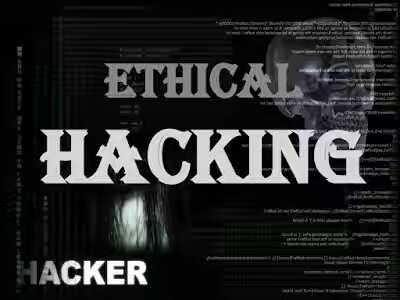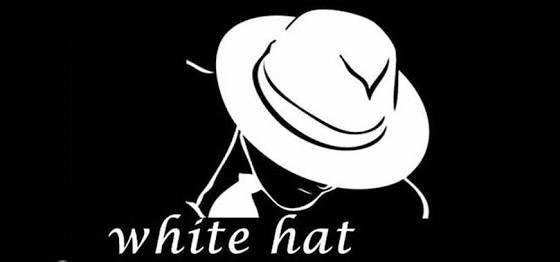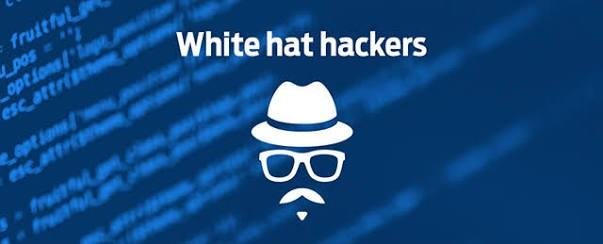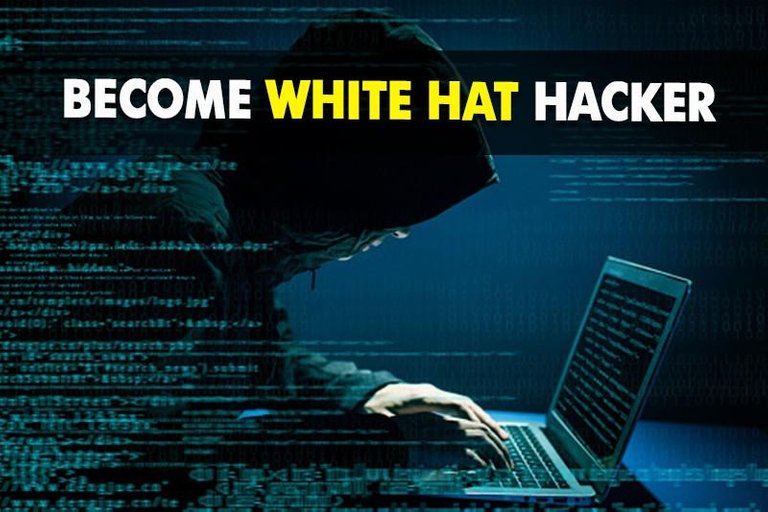
Ethical hacking and ethical hacker are terms used to describe hacking performed by a company or individual to help identify potential threats on a computer or network. An ethical hacker attempts to bypass system security and search for any weak points that could be exploited by malicious hackers. This information is then used by the organization to improve the system security, in an effort to minimize or eliminate any potential attacks.
An ethical hacker is a computer and networking expert who systematically attempts to penetrate a computer system or network on behalf of its owners for the purpose of finding security vulnerabilities that a malicious hacker could potentially exploit.
Ethical hackers use the same methods and techniques to test and bypass a system's defenses as their less-principled counterparts, but rather than taking advantage of any vulnerabilities found, they document them and provide actionable advice on how to fix them so the organization can improve its overall security.
Ethical hacking definition

An ethical hacker (also known as a white hat hacker) is the ultimate security professional. Ethical hackers know how to find and exploit vulnerabilities and weaknesses in various systems—just like a malicious hacker (or a black hat hacker). In fact, they both use the same skills; however, an ethical hacker uses those skills in a legitimate, lawful manner to try to find vulnerabilities and fix them before the bad guys can get there and try to break in.
An ethical hacker’s role is similar to that of a penetration tester, but it involves broader duties. They break into systems legally and ethically. This is the primary difference between ethical hackers and real hackers—the legality.
Types of Hacking
Website Hacking− Hacking a website means taking unauthorized control over a web server and its associated software such as databases and other interfaces.
Network Hacking − Hacking a network means gathering information about a network by using tools like Telnet, NS lookup, Ping, Tracert, Netstat, etc. with the intent to harm the network system and hamper its operation.
Email Hacking− It includes getting unauthorized access on an Email account and using it without taking the consent of its owner.
Ethical Hacking − Ethical hacking involves finding weaknesses in a computer or network system for testing purpose and finally getting them fixed.
Password Hacking − This is the process of recovering secret passwords from data that has been stored in or transmitted by a computer system.
Computer Hacking − This is the process of stealing computer ID and password by applying hacking methods and getting unauthorized access to a computer system.
What is ethical hacking?

Apart from testing duties, ethical hackers are associated with other responsibilities. The main idea is to replicate a malicious hacker at work and instead of exploiting the vulnerabilities for malicious purposes, seek countermeasures to shore up the system’s defenses. An ethical hacker might employ all or some of these strategies to penetrate a system:
1.Scanning ports and seeking vulnerabilities: An ethical hacker uses port scanning tools like Nmap or Nessus to scan one’s own systems and find open ports. The vulnerabilities with each of the ports can be studied and remedial measures can be taken.
2.A ethical hacker will examine patch installations and make sure that they cannot be exploited.
3.The ethical hacker may engage in social engineering concepts like dumpster diving—rummaging through trash bins for passwords, charts, sticky notes, or anything with crucial information that can be used to generate an attack.
4.An ethical hacker may also employ other social engineering techniques like shoulder surfing to gain access to crucial information or play the kindness card to trick employees to part with their passwords.
5.An ethical hacker will attempt to evade IDS (Intrusion Detection systems), IPS (Intrusion Prevention systems), honeypots, and firewalls.
6.Sniffing networks, bypassing and cracking wireless encryption, and hijacking web servers and web applications.
7Ethical hackers may also handle issues related to laptop theft and employee fraud.
What constitutes ethical hacking?

For hacking to be deemed ethical, the hacker must obey the following rules:
1.Expressed (often written) permission to probe the network and attempt to identify potential security risks.
2.You respect the individual's or company's privacy.
3.You close out your work, not leaving anything open for you or someone else to exploit at a later time.
4.You let the software developer or hardware manufacturer know of any security vulnerabilities you locate in their software or hardware, if not already known by the company.
Who should be an ethical hacker?

While some may argue that there is no such thing as a good hacker and all white hat hackers are actually bad hackers who have turned a new leaf, the profession is here to stay.
As with any profession, passion for the industry is one of the key aspects to success. This, combined with a good knowledge of networking and programming, will help a professional succeed in the ethical hacking field.
For security professionals, forensic analysts, intrusion analysts, and most importantly—people aspiring to enter these fields—the CEH V9 is an obvious choice. Many IT companies have made CEH certification a compulsory qualification for security-related posts making it a go-to certification for security professionals.
Simplilearn’s CEH V9 training informs its students of the finer nuances of Trojans, Backdoors and Countermeasures, and teaches them a better understanding of IDS, firewalls, honeypots and wireless hacking, among other, more advanced focuses.
Thank You @sujoy1995
Source: https://www.simplilearn.com/roles-of-ethical-hacker-article
Not indicating that the content you copy/paste is not your original work could be seen as plagiarism.
Some tips to share content and add value:
Repeated plagiarized posts are considered spam. Spam is discouraged by the community, and may result in action from the cheetah bot.
Creative Commons: If you are posting content under a Creative Commons license, please attribute and link according to the specific license. If you are posting content under CC0 or Public Domain please consider noting that at the end of your post.
If you are actually the original author, please do reply to let us know!
Thank You!
Thank you for sharing with us! I hope you enjoy the upvote!
Yes.Thank you
hmmmm
https://steemit.com/@mahboobfsd/feed